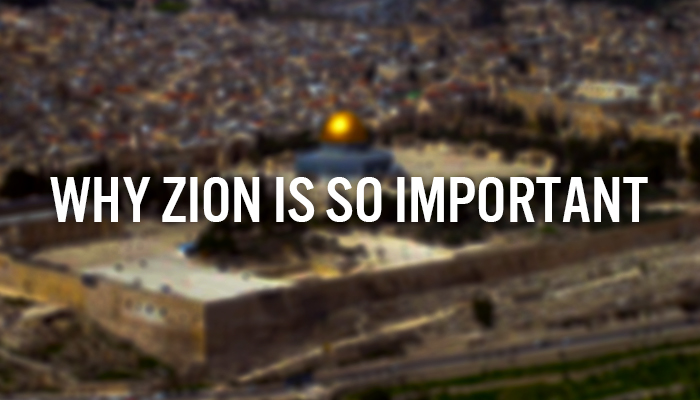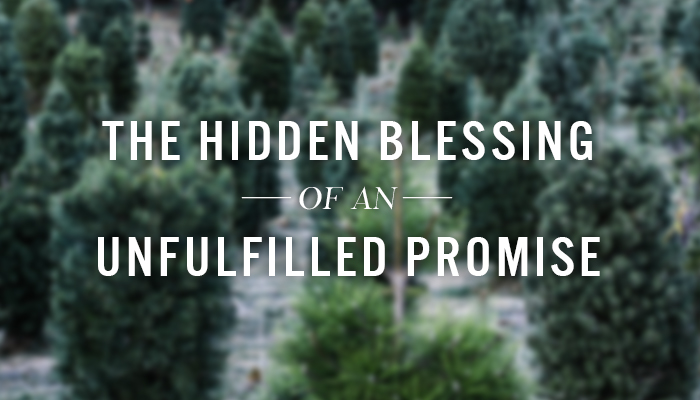
A friend recently told me, “The secret place has been the point of greatest frustration and attack in my personal walk.” I know he’s not alone. Since the secret place holds the keys to authentic kingdom overcoming, the enemy will cause his strongest assaults to bear upon this single point of a Christian’s life.
Our enemy will do anything to get us to curtail the amount of time we devote to the secret place with God. He will push, distract, harass, incite, oppress, entice, weary, lie, intimidate—whatever it takes. Make no mistake, when you devote yourself to knowing God, all of hell seems to resurrect against you.
The full potential of the secret place with God requires one great overarching element: time. Lots of it. The more exclusive time you devote to Him, the more meaningful the relationship becomes. The principle of 2 Corinthians 9:6 really does apply here, “But this I say: He who sows sparingly will also reap sparingly, and he who sows bountifully will also reap bountifully.” The more time that you sow into the secret place, the greater the bounty you will enjoy.
There is a threshold to cross in terms of uncovering the full joy of the secret place. Until you find the threshold, you will find that you’re consistently pushing yourself to get into the secret place, as though it’s a burden instead of a joy. But once you cross the threshold, the secret place becomes a place of delight that you will gladly prioritize over other competing demands.
How do we find that threshold? By giving much time to the secret place. I never consider time invested in the secret place to be wasteful; and even if it is, I gladly waste it upon my Lord! Even when we feel like we’re spinning our wheels spiritually, every hour invested is a filling up of the vial. One day the vial will be full, and the Lord will take us through the threshold into another dimension of delight and intimacy. But we’ll never get there without investing time.
Another friend told me she had feelings of guilt over not taking enough time to be with the Lord. This is a very common feeling, but it is seriously misdirected. Feelings of guilt will never motivate anyone to spend more time with God; in actuality, they will discourage you and make you feel like a failure. Guilt has the potential to totally snuff out whatever small flame there presently might be.
Guilt is always founded on satanic lies. Satan wants you to believe that God is ticked with you because you haven’t been meeting your daily quota of time with Him. He militates against the truth of God’s word which states that our acceptance with God has to do with nothing but faith in Christ. God is very unimpressed with your performance, but He is deeply impressed with Christ’s performance. When you put childlike faith in Christ, Christ’s performance record is credited to you. Faith in Christ unlocks the Father’s heart to you. When you believe on His beloved Son, the Father’s heart explodes in affirmation and acceptance and delight—totally independently of your diligence or lack thereof.
God is your greatest fan. As your heavenly Father, He is constantly coaxing you forward into the heights of spiritual victory. When you neglect the secret place, He’s not disappointed in you, He’s disappointed for you. He sees the spiritual riches available to you, and His heart breaks when He watches you getting bypassed. He wants you to share in heaven’s best, and He looks with wistful longing when you short-change yourself spiritually.
Someone said to me recently, “The greatest lie Satan attacks me with is, ‘You deserve a break today!’” Some of Satan’s lies are so stupid they’re literally ridiculous. As though time away from the secret place is a break! It’s not a break; it’s a loss. You missed drinking deeply of the Spirit’s fountain; you missed being washed and cleansed and renewed in His presence; you missed getting fed by the illumination of God’s word; you missed taking the time to calm your hectic heart and hear His precious voice; you missed the intimate communion of the secret garden. As the saying goes, “You was robbed.”
So instead of feeling guilty, we should feel ripped off! When circumstances or emotions are successful at robbing your secret place, don’t get guilty—get indignant! Let lovesickness arise in your breast. “Oh Lord, I love You so much; I am really upset at the way I’ve allowed the cares of this life to crowd You out. This has to stop, things have got to change. I can’t live without You. I’m coming back! I’ve got to have more time with You. You are my very life, my breath. Oh, I love You, Lord!” And then exert spiritual violence to get your priorities back in line.
On a practical note, many of those who have uncovered great joy in their secret life with God have found it necessary to devote a specific portion of the day to meeting with Him. Giving themselves in a disciplined way to a consistent time slot has been very important in finding the higher dimensions of joy and delight. When we relegate the secret place to spontaneity, in retrospect we find that we didn’t give it much time. Go with whatever works for you—because the point is to carve out entire chunks of time that we can devote to long and loving meditation on the beauty and splendor of Christ Jesus our Lord.
Here’s another practical tip: Work your way up slowly to spending more time with Him. If you’re doing ten minutes a day right now, make it fifteen or twenty. By adding incrementally you are building your spiritual stamina. I was once with a brother who was wanting to devote himself to prayer and study regarding a specific struggle in his life. I was amazed, however, that after giving himself to the study for a few minutes, he had to quit and move on to something else. He had developed virtually no spiritual stamina. Even a mere half-hour of study and prayer was too much. He had a case of spiritual “Attention Deficit Disorder.” It was time, however, for him to mature in God and develop the ability to spend more time in the secret place.
Train for it like an athlete. No athlete expects to run a marathon on his first time out after being sedentary for many months. He knows he’s got to build up his endurance. So every day he adds a little bit more until he’s at the endurance level he desires. Similarly, you can build your endurance to the point where spending large portions of time with Him becomes the great delight of your heart.
When I think of running this race, I think of Psalm 119:32, “I will run the course of Your commandments, for You shall enlarge my heart.” A runner must develop strength of heart. As he pushes himself to run greater distances, or at a faster pace, the ability of the heart to pump life-sustaining blood to the body is enlarged. I have asked the Lord to enlarge my heart that I might run a harder pace of pursuing Him.
We’re not finished with this theme yet. So come to the next chapter, I want to talk about a specific way we can plan more time alone with God.
This post in an excerpt of Bob’s bestselling book, Secrets of the Secret Place. You can order it by clicking here.







